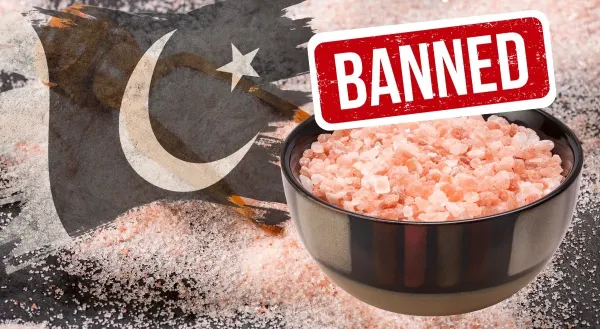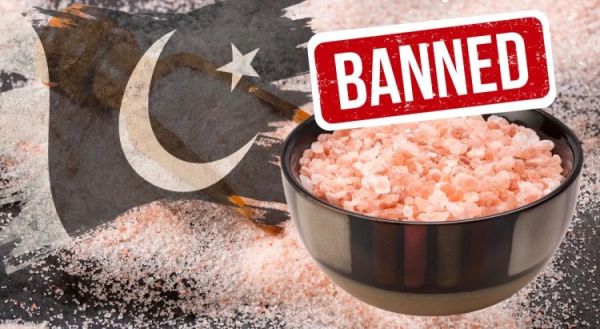
India-Pakistan Trade Ban: In the wake of the Pahalgam terror assault, India has banned all imports from Pakistan. On May 2, the Directorate General of Foreign Trade (DGFT) announced a new clause in the Foreign Trade Policy (FTP) 2023. “Direct or indirect import or transit of all goods originating in or exported from Pakistan, whether or not freely importable or otherwise permitted, shall be prohibited with immediate effect, until further orders,” according to pib.gov.in. The purpose of this limitation is to protect public policy and national security.

All imports from Pakistan are prohibited, even those made indirectly via postal services, intermediate countries, and even ships. Concerns about national security have prompted this measure, which attempts to stop Pakistani items from entering India that may cause problems for the country. Given the existing low amount of imports, the overall economic impact on Indian consumers is probably going to be minimal, although certain niche items could see price increases or temporary shortages. Following India’s prohibition on commerce with Pakistan, the following products are expected to become more costly.
The following is a list of significant Pakistani items that the ban is likely to affect:
Pink Salt from the Himalayas (Sendha Namak)
The Khewra salt range in Pakistan is the source of Himalayan Pink Salt. This salt is utilised in Ayurvedic ceremonies and during religious fasts. Prices may rise when imports are stopped until a new or domestic substitute is identified.
Winter and festival seasons are the best times to purchase dried fruits (almonds, walnuts, figs, and raisins) from Balochistan and Peshawar. The cost of this kind of dried fruit may increase if they become unavailable. Nonetheless, there are foreign and Indian options.
Lahori Kurtas and Peshawari Chappals
Following the trade embargo, the Peshawari Chappals (slippers) and Lahori Kurtas (clothing), which are often offered as specialised imports, will no longer be available in Indian boutiques, potentially raising the cost of comparable domestic or imported goods.
Clothing Items and Salwar Suits
It may now be difficult to get Pakistani clothing, such as salwar suits, which may affect boutiques and customers that anticipate these specific styles.
Herbs (rosemary, basil)
Although there is little general market effect, limited amounts of specialised herbs exported from Pakistan may also see price increases.
Raw Hides and Copper
Even though these industrial raw materials are imported in tiny amounts, certain firms may see pricing adjustments.
Watermelon, muskmelon, cement, rock salt, dried fruits, stones, lime, cotton, steel, optical products for glasses, organic chemicals, metal compounds, leather goods, copper, sulphur, textiles, slippers, and Multani mitti (Fuller’s earth) are among the commodities that are imported into India from Pakistan.
Coconuts, fruits, vegetables, tea, spices, sugar, oilseeds, animal feed, dairy products, plastics, medications, salt, motor parts, colours, and coffee are among the goods that India exports to Pakistan.
Why Does India’s Trade Ban on Pakistan Have Such Little Effect?
Minimal Dependency: Due to previous high tariffs and trade restrictions, Indian imports from Pakistan had already decreased to around $0.5 million annually.
other Sources: In the long term, prices will stabilise since most affected items have other sources from local or international markets.
Symbolic Move: Experts note that, save from specialised goods like Himalayan pink salt, the prohibition is mostly symbolic and political, with no real impact on Indian consumers.
The cost and accessibility of specialised goods like Himalayan pink salt, premium dried fruits, and Pakistani fashion items would be directly impacted by the trade embargo. However, when the market readjusts to new sources, the impact will be minimal for the typical Indian customer in the near future.